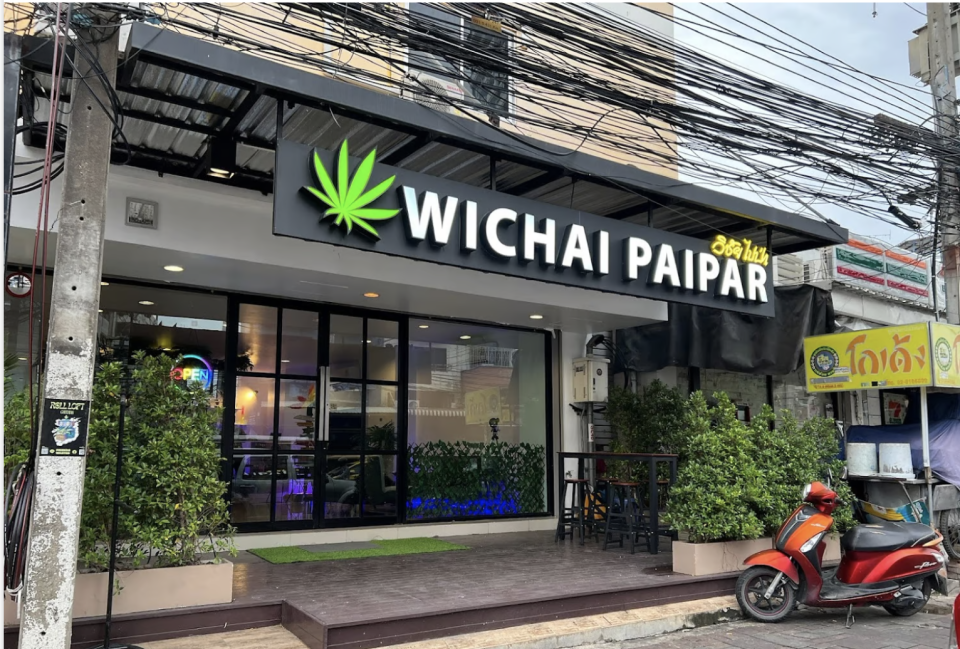Following the removal of cannabis from the Narcotics Code in 2021, unregulated and widespread usage led to public outcry, urging immediate governmental intervention. Despite three years passing, cannabis regulations in Thailand remain lacking, with two draft bills awaiting approval by parliament.
To address these issues, any regulatory attempt regarding cannabis under the current administration must focus on closing existing legal loopholes and enhancing oversight mechanisms to prevent misuse. While the government claims to have regulations in place, significant gaps persist concerning cultivation, processing, and retail, fostering a belief among the general public that growing and using cannabis are permissible.
In terms of cultivation, unclear guidelines exist for commercial and household growers, with no definitive rules outlined in the 2021 ministerial regulations. Household growers are simply required to register in the “Pluk Gan” application, lacking specifics on plant quantity and cultivation locations that may cause public disturbances.
Regarding processing, there is a lack of thorough inspection procedures concerning the production of edible cannabis products, potentially leading to deviations from legal standards post-approval. Retail safety measures for cannabis sales are also weak, with inconsistent regulations on cannabis flower and extract use and insufficient enforcement due to fragmentation across several state agencies.
To improve regulatory frameworks, state agencies must revise rules to ensure safe cannabis utilization. This includes stricter criteria for commercial cultivation permits, Sales permits for medical purposes, and enhanced collaboration among regulatory bodies to streamline enforcement efforts and clarify responsibilities.
Furthermore, measures should be implemented to prevent misuse and safeguard vulnerable populations, with strict zoning regulations and stringent criteria for licensing being proposed. By establishing a comprehensive cannabis control law and fostering responsible usage, Thailand can harness the potential benefits of cannabis while mitigating negative impacts on health, the economy, and society.
(Authored by Kiratipong Naewmalee, PhD, Senior Research Fellow, and Chanisara Dumkum, Researcher for Law Reform at the Thailand Development and Research Institute, based on the study ‘Situation Assessment and Policy Recommendations to Mitigate Adverse Impacts on Health, Economy, and Society from Cannabis and Related Products’, supported by the Research Steering Committee on Critical National Issues, Thailand Science Research and Innovation, and the National Research Council of Thailand.)





